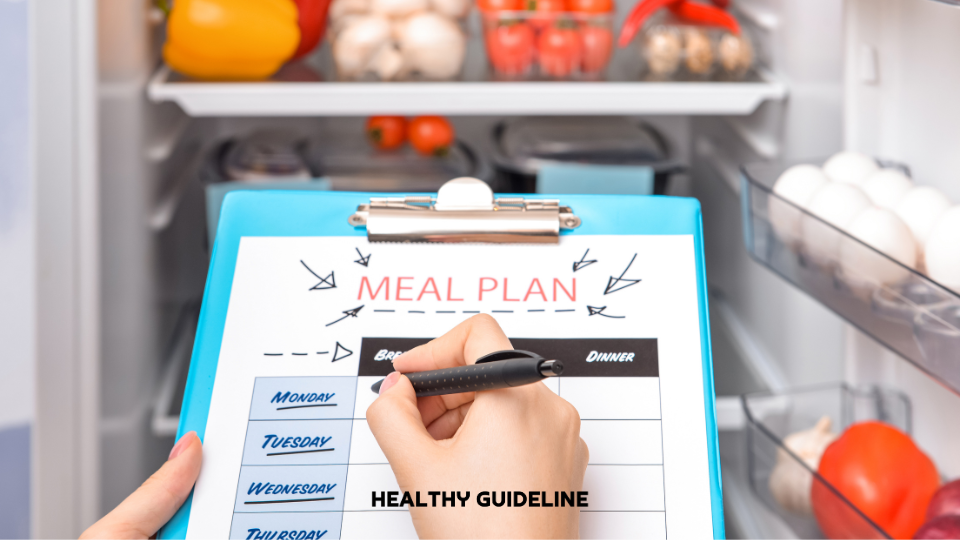Nourish Your Body, Fuel Your Life : Your Comprehensive Guide to Nutritional Wellness

Nutrition is the study of food and how it affects our bodies. It is important to eat a healthy diet that includes plenty of fruits, vegetables, and whole grains. Eating a healthy diet can help us maintain a healthy weight, reduce our risk of chronic diseases, and improve our overall health.
Here are some frequently asked questions (FAQ) about Nutrition & the answers you are looking for :
What is a healthy diet?
A healthy diet is one that provides all the nutrients your body needs to function properly. It should be low in saturated and trans fats, cholesterol, and sodium. It should also be high in fruits, vegetables, and whole grains.
What are some healthy foods to eat?
There are many healthy foods to choose from. Here are a few examples:
Fruits: Apples, bananas, berries, citrus fruits, melons, peaches, pears, pineapples
Vegetables: Broccoli, carrots, celery, leafy green vegetables, potatoes, tomatoes
Whole grains: Brown rice, oats, quinoa, whole-wheat bread
Lean protein: Chicken, fish, beans, tofu
Healthy fats: Avocados, nuts, olive oil, seeds
What are some unhealthy foods to avoid?
There are also many unhealthy foods to avoid. Here are a few examples:
Processed meats : Bacon, sausage, hot dogs, lunch meats
Fried foods : French fries, fried chicken, fried fish
Sugary drinks : Soda, juice, sports drinks
Sweets : Candy, cake, cookies, ice cream
Salty : snacks: Chips, pretzels, popcorn
How much water should I drink every day?
Most adults need around 8 glasses of water per day. However, this amount may vary depending on your individual needs. If you are sweating a lot, you may need to drink more water.
What are some healthy eating habits?
Here are some healthy eating habits to adopt
Eat regular meals and snacks throughout the day.
Choose nutrient-rich foods.
Limit processed foods, sugary drinks, and unhealthy fats.Cook more meals at home.Read food labels carefully.
Pay attention to your hunger cues.
Eat slowly and savor your food.
Don’t eat when you’re not hungry.
Drink plenty of water.
What are some tips for healthy eating on a budget?
Eating healthy doesn’t have to be expensive. Here are a few tips for healthy eating on a budget:
Plan your meals ahead of time.
Cook in bulk and freeze leftovers.
Buy in-season produce.
Shop at discount grocery stores.
Grow your own food.
Cook at home instead of eating out.
What is the difference between a nutritionist and a dietitian?
A nutritionist is a person who has been trained in human nutrition. A dietitian is a licensed healthcare professional who has been trained in nutrition and dietetics.
What are some resources for healthy eating?
There are many resources available for healthy eating. Here are a few examples:
The Academy of Nutrition and Dietetics
The Centers for Disease Control and Prevention
The United States Department of Agriculture
Is it possible to lose weight without exercise?
It is possible to lose weight without exercise, but it is more difficult and may take longer. Exercise helps to burn calories and build muscle, which can help you lose weight and keep it off.
How can I make healthy eating a sustainable lifestyle?
Here are some tips for making healthy eating a sustainable lifestyle
Make small, gradual changes to your diet.
Find healthy foods that you enjoy eating.
Don’t be afraid to experiment with new recipes.
Cook more meals at home.
Plan your meals ahead of time.
Make healthy snacks readily available.
Find an accountability partner.
What are some common nutrition myths?
MYTH
Eating fat makes you fat.
REALITY
Not all fats are created equal. Healthy fats, such as those found in avocados, nuts, and olive oil, are actually good for you.
MYTH
You need to eat six small meals a day to lose weight.
REALITY
There is no magic number of meals that is better for weight loss. The most important thing is to eat healthy foods and control your calorie intake.
MYTH
Carbohydrates are bad for you.
REALITY
Carbohydrates are an important part of a healthy diet. Whole grains, fruits, and vegetables are all good sources of carbohydrates.
MYTH
You need to detox your body.
REALITY
Your body has its own natural detoxification system. There is no need to buy expensive detox products









